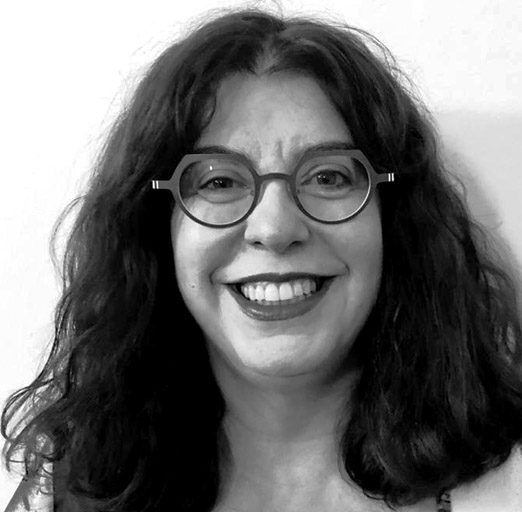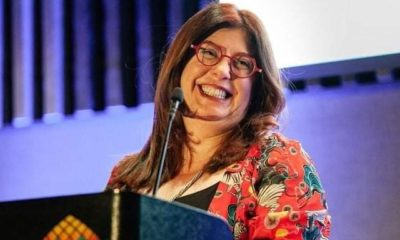
Voices

We Remember campaign packs punch locally
International Holocaust Remembrance Day on Thursday, 27 January, was designated by the United Nations General Assembly in November 2005 to commemorate Jewish and other victims of Nazi genocide during World War II. The date 27 January was chosen because it was on that day in 1945 that the Red Army liberated Auschwitz, the death camp whose very name today is synonymous with the horrors of the Nazi regime and the industrial-scale mass murder it perpetrated.
Over the past several years, the World Jewish Congress has run a #WeRemember campaign, in which individuals around the world are encouraged to write the words “We Remember” on a sheet of paper, take a picture of themselves holding the sign, and post it to social media using that hashtag. The global impact of this simple but powerful demonstration of solidarity and commemoration has been considerable, with the South African Jewish Board of Deputies (SAJBD) successfully implementing the initiative on a local level.
We were moved last year when Clive Mashishi, a social-justice activist with whom we have worked extensively to bring relief to areas especially hard-hit by the COVID-19 lockdown, decided to use the #WeRemember model to educate the communities he engages with about the Holocaust and counteract the toxic antisemitic conspiracy theories that are taking root in certain quarters.
Among the most malignant of these conspiracy theories is that which holds that the Holocaust itself is a Jewish hoax that Jews, through their alleged secret control of world events, have somehow imposed on a gullible humanity. Last week, the United Nations recognised the dangerous and hateful nature of this phenomenon by adopting a resolution condemning it. Sponsored by Israel and Germany, the resolution declares that the Holocaust was real, and that “to deny or distort the historical facts is wrong on every level and dangerous to society, and needs to be to countered with education”. It further urges governments and “social-media companies to take active measures to combat antisemitism and Holocaust denial or distortion by means of information and communications technologies, and to facilitate the reporting of such content.”
Fittingly the resolution was adopted (with only Iran objecting) on the anniversary of the infamous Wannsee Conference, where on 20 January 1942, senior leadership of Nazi Germany met to decide upon and plan the annihilation of European Jewry.
Holocaust remembrance isn’t only about commemorating those who died, but also to the living victims of Nazism. Part of the SAJBD’s work in this area has been to assist local Holocaust survivors wishing to claim under various compensatory, hardship, and relief funds that have been set up for those who suffered at the hands of the Nazi regime. Over many years, this task has been carried out with characteristic dedication and thoroughness by Shirley Beagle, who continues to go the extra mile to ensure that our survivors are given all the logistical, technical, and moral support they need to negotiate this complex and often intimidating process.
- Listen to Charisse Zeifert on Jewish Board Talk, 101.9 ChaiFM, every Friday from 12:00 to 13:00.






